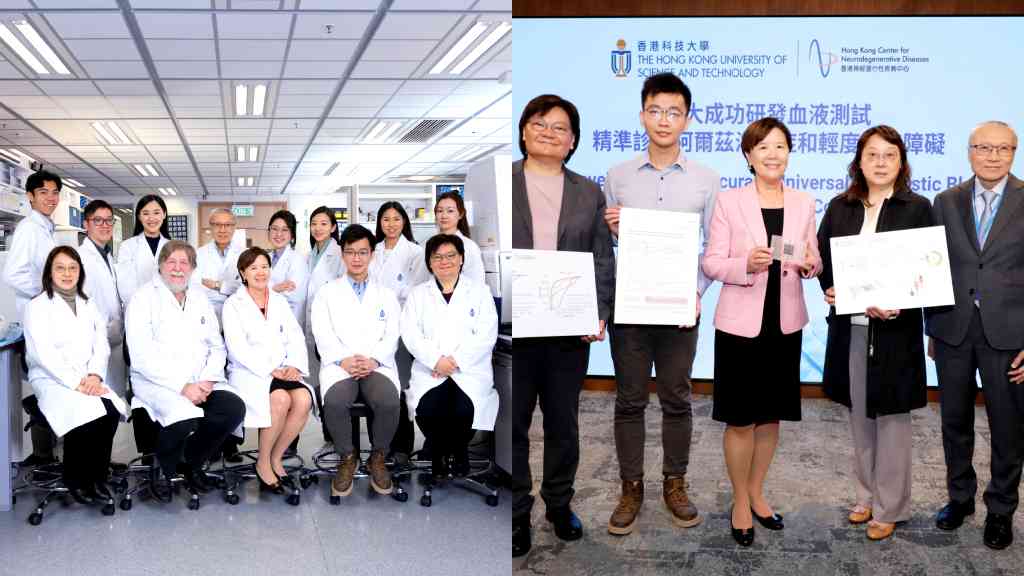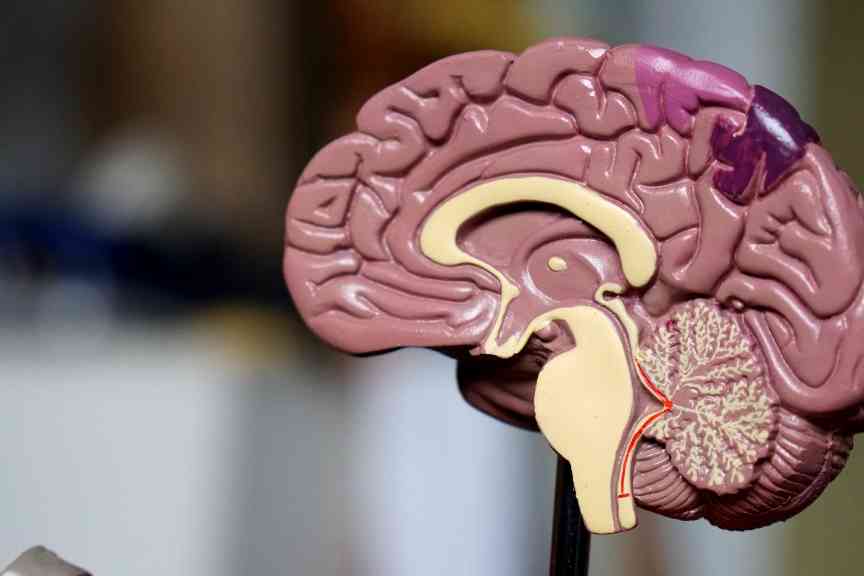Researchers develop blood test that can detect Alzheimer’s disease early



By Carl Samson
February 27, 2024
An international research team led by the Hong Kong University of Science and Technology (HKUST) has reportedly developed a groundbreaking blood test for the early detection of Alzheimer’s disease (AD) and mild cognitive impairment (MCI) with remarkable accuracy rates.
Key features: Unlike current blood tests that focus on a single biomarker to determine brain pathology, the new test measures the levels of 21 proteins in multiple AD-associated biological pathways, allowing for a more accurate assessment and monitoring of disease progression. In essence, it distinguishes individuals with AD and MCI from cognitively normal people.
The test has recorded accuracy rates of over 96% for AD and 87% for MCI. According to the researchers, this surpasses the performance of existing tests for AD that use amyloid beta (Aβ) 42/40, neurofilament light chain (NfL) or phosphorylated-tau181 (p-tau181) biomarkers.
Potential universal application: Conducted on individuals of Chinese and European descent, the test demonstrates applicability across diverse ethnic groups.
“Our blood test heralds a new era of simple, effective, and less invasive diagnostics, and by expanding the scope of our research to include diverse populations, we have taken a crucial step towards making our test a universally applicable tool for AD diagnosis,” team leader and HKUST President Nancy Ip Yuk-yu said in a statement.
She added, “Our test can also be used to screen suitable individuals for specific drug treatments in clinical studies, and closely monitor disease progression and drug responses. In the future, it may also facilitate the development of personalized treatments, by shedding light on the molecular underpinnings of AD that vary from person to person and between ethnicities.”
Why this matters: AD, the most common form of dementia — a syndrome affecting 55 million people globally — often remains undiagnosed until 10 to 20 years later, when clinical symptoms start to show up. At this point, the disease has progressed to an advanced stage and is difficult to treat.
The development of the test marks a significant step for early detection. Additionally, it paves the way for precision medicine approaches tailored to each patient’s needs.
What’s next: The test has been licensed to Cognitact Limited, an HKUST startup, for public testing. Fanny Ip Chui-fun, chief scientific officer of the Hong Kong Centre for Neurodegenerative Diseases, a research center affiliated with the university, told the South China Morning Post that the team has also discussed with authorities about including the test in the public health system’s regular screening.
The test, which included collaborators from London and Barcelona, was published in detail in the journal Alzheimer’s & Dementia: The Journal of the Alzheimer’s Association.
Share this Article
Share this Article









